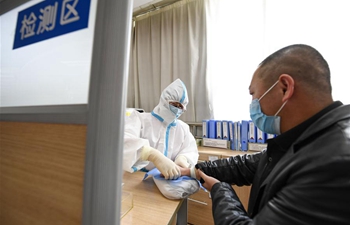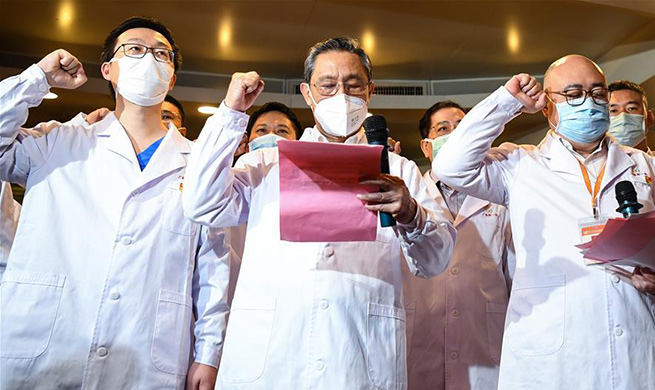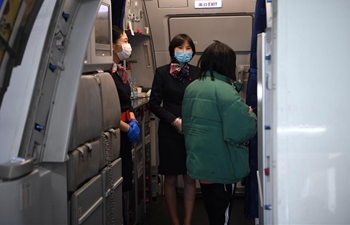UNITED NATIONS, March 2 (Xinhua) -- Thought leaders from across the globe on Monday joined a UN panel tasked with making recommendations to fix the financial system that lacks effective ways to deal with tax evasion, tax avoidance, money laundering and corruption.
The High-Level Panel on International Financial Accountability, Transparency and Integrity for Achieving the 2030 Agenda (FACTI Panel) was created jointly by the president of the UN General Assembly and president of the UN Economic and Social Council.
The panel consists of 15 members drawn from policymakers, academia, civil society and the private sector.
"The money that is being hidden in offshore tax havens, laundered through shell companies and outright stolen from public coffers should be put toward ending poverty, educating every child, and building infrastructure that will create jobs and end our dependence on fossil fuels," said Ibrahim Mayaki, co-chair of the panel and former prime minister of Niger.
"The systems that governments use to address different types of financial corruption are fraying and do not yet effectively deal with the new ways that are used to game the system," he added. "We aim to help change that."
A press statement said the panel will explore what further action is needed by governments and financial institutions in areas of financial and beneficial ownership transparency, tax matters, bribery and corruption, confiscation and disposal of the proceeds of crime, money laundering and the recovery and return of stolen assets.
In particular, the statement underscored mobilizing financial resources is critical to achieving the 2030 Agenda of the UN, which consists of 17 sustainable development goals for the world, and stressed that insufficient financial integrity is hindering governments from collecting their fair share of taxes.
"In a world of cross-border trade, investment and finance often via digital platforms, there are limits to what countries can do on their own," said Mayaki. "Illicit finance is a global problem that requires global cooperation in order to achieve effective solutions."
So far, 12 of the 15 panel members have been confirmed, said the statement, which include former German minister for development Heidemarie Wieczorek-Zeul and professor at University of Pretoria (South Africa) Annet Wanyana Oguttu, besides Mayaki.
The panelists will meet in regional consultations, convene experts and stakeholders from across all sectors and explore new analyses of the issues and solutions.
An interim report will be issued in July 2020 and a final report in February 2021.
According to an IMF staff study, corporate profit shifting via tax havens collectively costs governments between 500 billion and 600 billion U.S. dollars a year in lost corporate tax revenue, through legal and not-so-legal means.

















